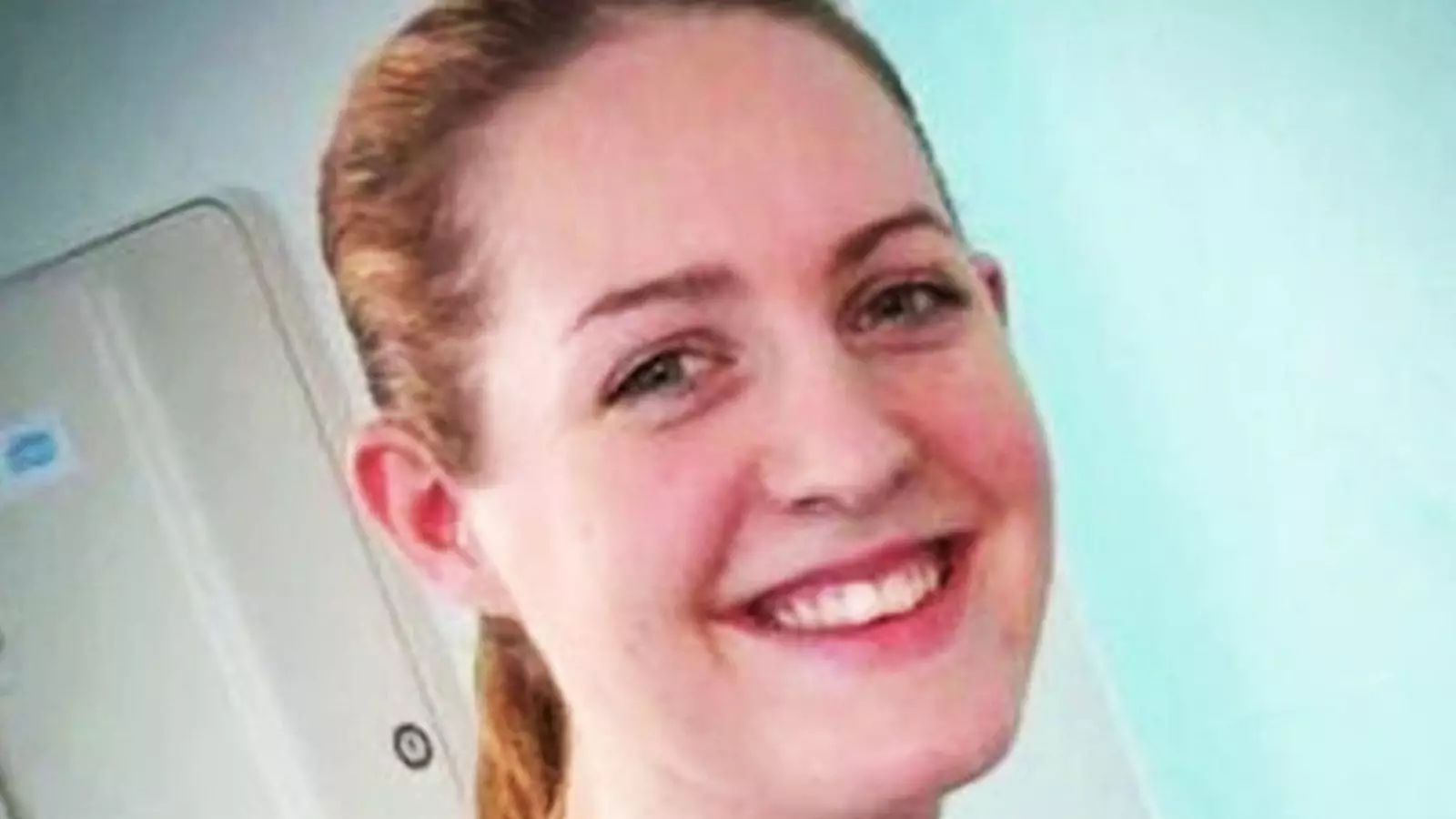In the field of healthcare, accountability is paramount, particularly when it concerns vulnerable populations like neonates. The harrowing case of Lucy Letby—a neonatal nurse convicted of murdering infants—raises critical questions about institutional responsibility, oversight, and the moral implications of leadership within healthcare settings. The ongoing Thirlwall Inquiry into events surrounding Letby at the Countess of Chester Hospital has unveiled unsettling details, not only about Letby’s actions but also about the responses—or the lack thereof—by hospital executives and staff in the face of grave allegations.
At the heart of the inquiry are the reactions of those closest to the situation, including Letby’s father, a man whose emotional upheaval during a critical meeting is telling of the surrounding chaos. Tony Chambers, the former chief executive of the Countess of Chester Hospital, described a stark moment in December 2016, where Mr. Letby’s threats illustrated a family in distress amidst an investigation fraught with tension. While it is understandable that parents would react fiercely when their child faces grave accusations, this raises important issues of emotional intelligence and professional conduct in healthcare leadership. Mr. Chambers’s recounting of the meeting suggests that personal turmoil can cloud professional judgment, showcasing a delicate balance between personal and institutional accountability.
Additionally, threats against hospital leadership could mark an escalation in what should have been a clinical, rational discussion about serious allegations. The duality of personal and professional fallout is a recurring theme in healthcare crises, revealing how emotional responses can obstruct clear communication and resolution.
As the inquiry unfolds, the testimony highlights a systematic breakdown in recognizing and addressing alarming patterns of behavior. Mr. Chambers’s acknowledgment of failures in the trust’s protocol surrounding Letby’s continued employment speaks volumes about a culture that may have prioritized operational smoothness over patient safety. His assertion that “it was not a personal failing” underscores a broader systemic issue—an abdication of responsibility by those in leadership roles.
The inquiry also reveals a hesitancy to confront uncomfortable truths. For almost a year after the initial concerns were raised, critical intervention methods—including police involvement—were markedly delayed. This inaction signifies a culture where warnings are overlooked, and the voices of medical professionals—who raised concerns about Letby—may have been relegated to the background of protocol and hierarchy. The environment within the trust may have emboldened complacency rather than vigilance.
Effective communication is the cornerstone of good healthcare practice, and the testimony regarding how families were informed—or rather, left uninformed—begs a reevaluation of protocols in similar circumstances. Mr. Chambers himself highlighted that the hospital could have done better in navigating family communications, pointing out a critical gap in empathetic outreach to those affected by the tragedy. Effective crisis management requires not only transparent communication with stakeholders but also sensitivity to the emotional landscape that grieving families endure.
Healthcare institutions must prioritize the integration of family perspectives in clinical decision-making processes, particularly in pediatric care. Such a reimagining of practice could mitigate distress and transform institutional responses from reactive to proactive. The testimonies at the inquiry indicate an urgent necessity for comprehensive training programs focusing on communication and family engagement in challenging cases.
The Lucy Letby case serves as a grave reminder of the necessity for both individual and institutional accountability within healthcare settings. Lessons learned from the inquiry should inspire profound changes in how medical institutions handle allegations of wrongdoing. Change will require more than just acknowledging past oversights; it demands a cultural shift towards fostering a more transparent, communicative, and responsive healthcare system.
Looking ahead, healthcare administrators must champion a culture characterized by accountability—one that places patient safety at the forefront, encourages open dialogue among staff, and prioritizes the emotional needs of families. Only then can the healthcare field heal from the tragedies exemplified by cases like that of Lucy Letby and ensure that such failures do not recur. The inquiry sheds light on essential areas where reform is necessary, marking it as a pivotal moment in the ongoing evolution of patient care standards in the UK.


Leave a Reply